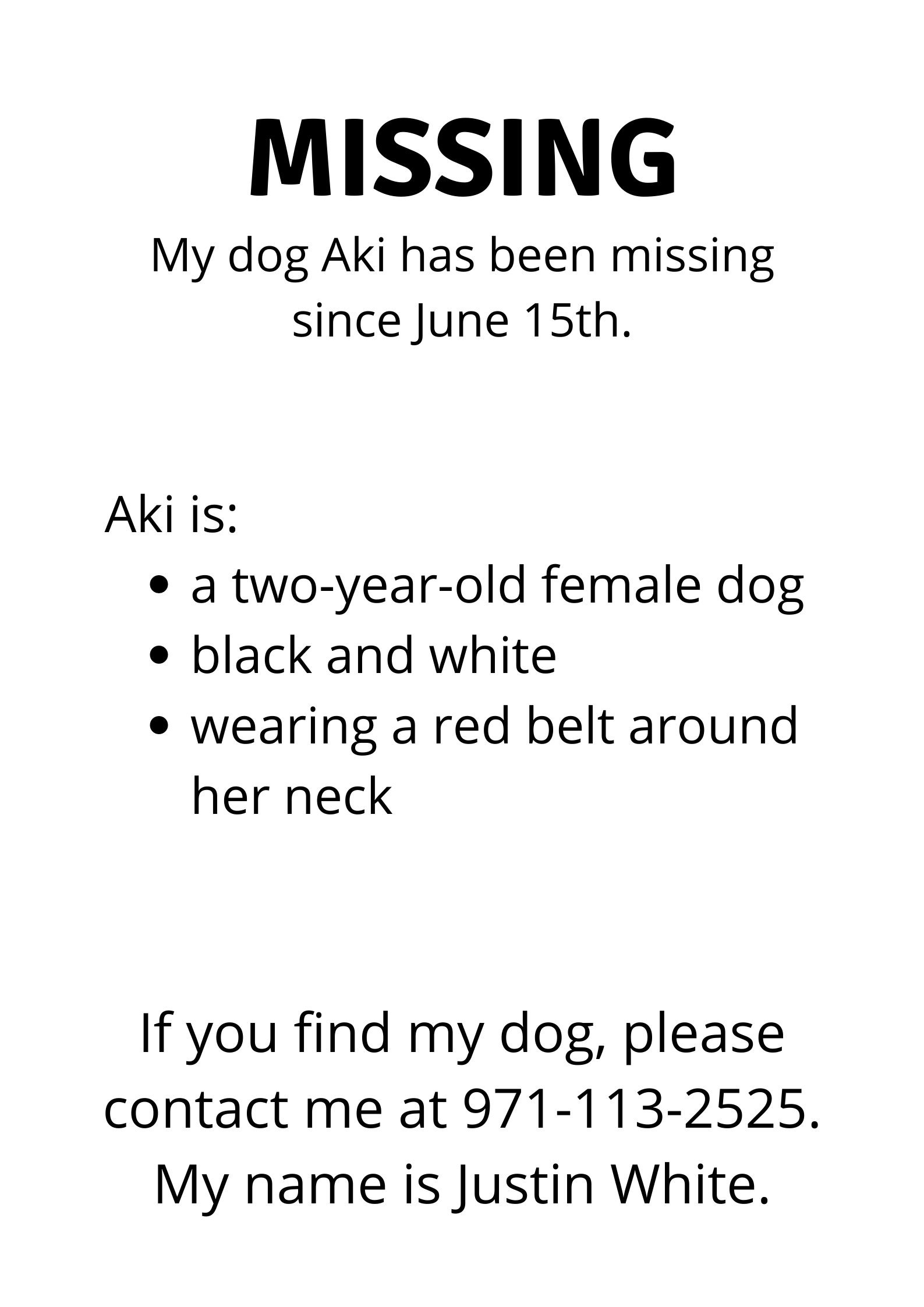| 1. pitch 口上,売り込み | |
| The team’s business pitch has impressed the clients. | |
| 2. dedicated 一身をささげた、打ち込んだ | |
| Mary is very dedicated to her craft. | |
| 3. agenda 議題 | |
| It took almost five hours to discuss the meeting’s agenda. | |
| 4. reminder リマインダー | |
| He set a reminder on his phone for the upcoming event. | |
| 5. proposal 提案 | |
| Shane’s business proposal has been approved by the company. | |
| 1. | What makes a good pitch? |
| 2. | How dedicated are you to your studies/job? |
| 3. | If you were to facilitate a meeting, how would you sort the agenda? |
| 4. | How do you set reminders for yourself? |
| 5. | If you were to create a business proposal for a brand/company, what would it be? |

Hey, Emma. Is your pitch ready for today’s meeting?
|
|
Yes, Ron. I’ve been actually preparing for it for almost a month now.
|

Wow, you’re really dedicated to everything you do!
|
|
Oh, well. I’m just too afraid to fail.
|

No worries; I believe you’ll do great there later! By the way, have you seen the meeting’s agenda?
|
|
Oh, I might have overlooked it.
|

It was sent to us via email. You should check it now before the meeting starts.
|
|
Thanks for the reminder, Ron.
|

No problem. Good luck on your proposal! See you later!
|
|
See you!
|
| 1. | For how long has Emma been preparing for her business proposal? |
| 2. | How did Ron describe Emma as being dedicated? |
| 3. | What did Ron remind Emma of before the meeting starts? |
| 1. | A: Who captured the judges’ attention? B: The __________ of the third team impressed everyone. |
| 2. | A: I need to cover this story despite the typhoon. B: You’re indeed a ___________ journalist! |
| 3. | A: We have a meeting later, right? B: Yes, and the ____________ is about our performance last month. |
| 4. | A: How do you manage your tasks? B: I just set _________ on my phone for the tasks I need to finish in a certain period. |
| 5. | A: How’s your business _______________ to the clients? B: It was a success! They told me to wait for their offer. |
| Grammar 文法 |
Pronunciation 発音 | Vocabulary 単語 |
Comprehension 理解 |
|
|---|---|---|---|---|
 GOOD GOOD |
文法の誤りはほとんどなく、完全な文章で話すことができる | ほとんどの単語をはっきりと正しく発音することができる | 習った表現を適切に使うことができる | 文章を理解し、質問に正しく答えることができる |
 FAIR |
文法の誤りはあるが、完全な文章で話すことができる | 発音の練習が必要な言葉がいくつかある | たまにミスはあるが、習った表現を適切に使うことができる | 文章を完全に理解するのは難しく、質問に正しく答えられないときもある |
 POOR |
文章で話すのは難しく、単語だけで話すことができる | 発音の練習が必要である | 習った単語と表現を少しだけ使うことができる | 文章を理解するのは難しく、質問に答えるのは難しい |



![Cell-Row-0-Col-0[1]](https://eikaiwa.weblio.jp/information/wp-content/uploads/2021/05/Cell-Row-0-Col-01.png)
![Cell-Row-0-Col-1[1]](https://eikaiwa.weblio.jp/information/wp-content/uploads/2021/05/Cell-Row-0-Col-11.png)
![Cell-Row-1-Col-0[1]](https://eikaiwa.weblio.jp/information/wp-content/uploads/2021/05/Cell-Row-1-Col-01.png)
![Cell-Row-1-Col-1[1]](https://eikaiwa.weblio.jp/information/wp-content/uploads/2021/05/Cell-Row-1-Col-11.png)
![Cell-Row-0-Col-0[2]](https://eikaiwa.weblio.jp/information/wp-content/uploads/2021/05/Cell-Row-0-Col-02.png)
![Cell-Row-0-Col-1[1]](https://eikaiwa.weblio.jp/information/wp-content/uploads/2021/05/Cell-Row-0-Col-11-1.png)
